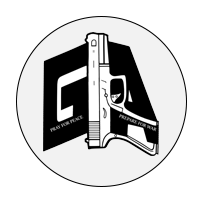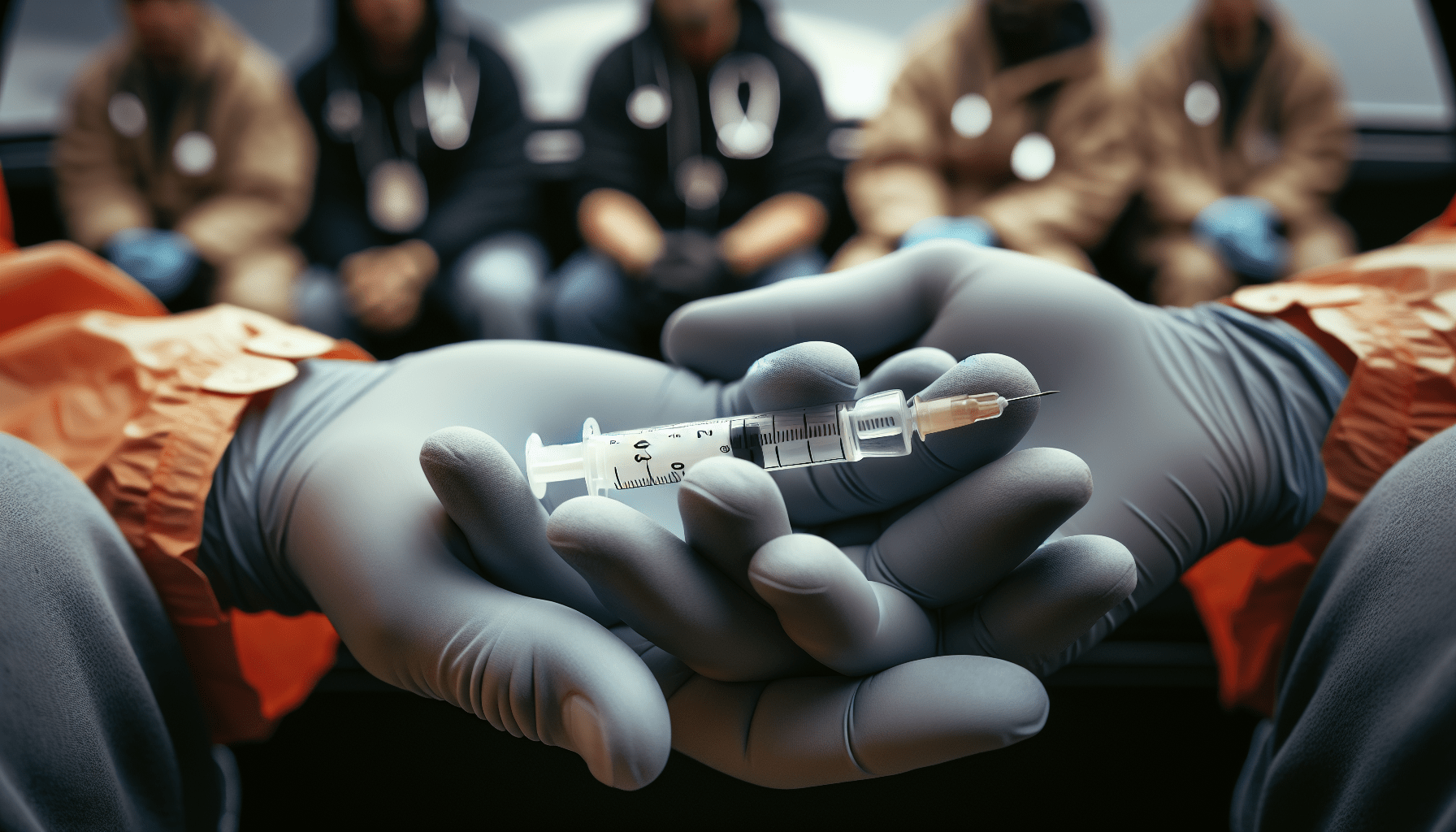Have you ever wondered how to recognize and respond to drug overdoses? If you find yourself in such a scary situation, knowing what to look for and how to act is crucial. Let’s face it, when it comes to emergencies, being prepared can make all the difference.
Recognizing and Responding to Drug Overdoses
Understanding Drug Overdoses
A drug overdose occurs when someone takes more of a drug than their body can handle. This can lead to severe medical problems and, in some cases, death. Overdoses can happen with both prescription and illegal drugs, and they can be accidental or intentional.
Common Signs of a Drug Overdose
Knowing the signs can save lives. Symptoms of a drug overdose can vary depending on the type of drug but commonly include:
- Altered Mental Status: Confusion, delirium, or unconsciousness.
- Respiratory Problems: Slow, shallow breathing or complete stoppage of breathing.
- Cardiovascular Symptoms: Irregular heartbeats, chest pain, or extremely high or low blood pressure.
- Physical Changes: Pupils may be unusually large or small, skin can turn bluish or pale, and body temperature might fluctuate.
Here’s a handy table to give you a quick overview:
| Type of Drug | Common Symptoms |
|---|---|
| Opioids | Slow breathing, pinpoint pupils, unconsciousness |
| Stimulants | Agitation, high heart rate, chest pain, seizures |
| Depressants | Drowsiness, slowed heart rate, poor coordination |
| Hallucinogens | Paranoia, hallucinations, severe agitation |

Immediate Actions to Take
So, what should you do if you suspect someone is experiencing a drug overdose? Immediate action is critical.
- Call 911: This should always be your first move. Provide the dispatcher with as much information as possible, including the type of drug taken if known.
- Check Responsiveness: Try to wake the person. If they’re unconscious but breathing, place them in the recovery position (lying on their side).
- Perform CPR if Necessary: If the person isn’t breathing, start CPR. If you’re unfamiliar with CPR, the 911 dispatcher can guide you through it.
- Administer Naloxone if Available: For opioid overdoses, Naloxone (Narcan) can reverse the effects if administered quickly.
Naloxone: A Lifesaver for Opioid Overdoses
Naloxone is a medication specifically designed to reverse opioid overdoses. It can be administered by injection or nasal spray and is usually effective within minutes. Naloxone temporarily restores normal breathing patterns, giving emergency responders time to arrive.

Acquiring and Using Naloxone
Most states allow you to purchase Naloxone without a prescription. Here’s how to use it:
- Identify Symptoms: Look for signs of an opioid overdose – usually slow breathing, unconsciousness, and pinpoint pupils.
- Administer Naloxone: Follow the instructions on the packaging. If using a nasal spray, insert it into one nostril and press the plunger. For an injection, inject it into the thigh or upper arm.
- Wait and Observe: If there’s no response in 2-3 minutes, administer a second dose. Continue monitoring the person until emergency services arrive.
Reducing the Risk of Overdoses
Prevention is always better than cure. Here are some practical steps:
- Educate Yourself and Others: The more people aware of the signs and actions related to overdoses, the higher the chances of saving lives.
- Store Medications Safely: Keep drugs, especially prescription meds, out of reach from children and others who might misuse them.
- Use Only as Prescribed: Never take more medication than prescribed, and never use someone else’s prescription drugs.
The Role of Green Line Arms
Preparedness is valuable in any emergency. At Green Line Arms, we offer outstanding training programs, including first responder medical tips that can be crucial for handling drug overdoses. Located at 1350 South Blue Angel Pkwy, Pensacola, Florida, you can contact us at 850-285-0468 or visit our website for more details. Remember, at Green Line Arms, we PRAY FOR PEACE – but always PREPARE FOR WAR.
Empowering the Community
Imagine a community where everyone knows how to respond to emergencies, whether it’s a drug overdose or another critical situation. Green Line Arms is dedicated to empowering you with the skills and knowledge needed to ensure safety for yourself and others.
Conclusion: You Can Make a Difference
Knowledge is power, especially when it comes to recognizing and responding to drug overdoses. By learning the signs, knowing the steps to take, and getting proper training, you could save someone’s life. Next time you find yourself in a situation where someone might be overdosing, remember these critical tips and take action.




